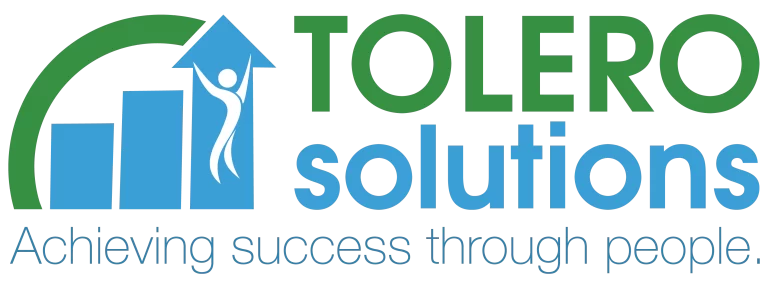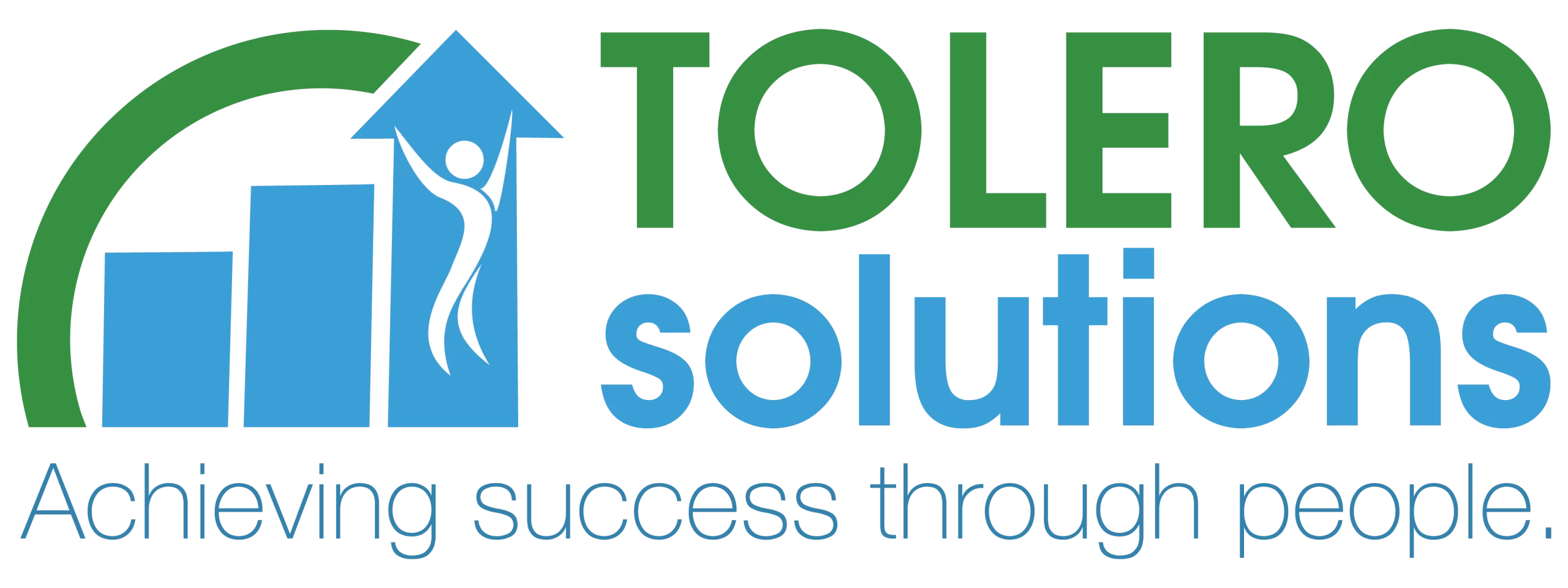In the bustling world of modern workplaces, the concept of team accountability has taken center stage. It’s not just another corporate buzzword but a cornerstone of success for organizations. Why is accountability so essential? Let’s explore why team accountability is paramount and provide you with some practical tips to foster team accountability in your workplace.
The Significance of Workplace Team Accountability
- Achieving Collective Goals: In a team, collective success is the ultimate goal. Team accountability ensures that every member contributes their best effort, leading to the fulfillment of collective objectives. It’s like having a team rowing all in the same direction. Each person plays their part and knows what parts others play, leading to smoother operations and higher productivity.
- Improved Communication: Team accountability fosters open and honest communication. When team members know they’ll be held responsible for their actions not just by leaders but by peers, they are more likely to share progress, challenges, and ideas. This open dialogue is vital for problem-solving, innovation, and high performance.
- Boosted Morale: Accountability doesn’t only entail pointing fingers when things go wrong. It also involves recognizing and celebrating individual and collective successes. When team members feel valued and appreciated for their contributions, their morale gets a significant boost. Higher morale leads to higher engagement. Higher engagement leads to higher productivity and a better customer experience.
Tips for Fostering Workplace Team Accountability
- Set Clear Expectations: Start with clarity. Clarity supports alignment. Ensure that every team member understands their roles, responsibilities, and the expectations placed upon them. And they understand the same about their peers. Ambiguity is the enemy of accountability, so leave no room for interpretation.
- Define Goals and Metrics: Create clear and measurable objectives for your team and communicate those. When goals are concrete and quantifiable, it’s easier for team members to track progress, understand what’s expected of them, and feel like they are making a difference.
- Regular Check-Ins: Conduct regular team meetings or one-on-one check-ins to discuss progress and challenges. Use a clear agenda and structure and create a space for open dialogue. These meetings are a great place to uncover and mitigate risks and issues. These meetings are also the perfect opportunity to keep team members informed and accountable for their tasks and the tasks of their peers.
- Provide Resources and Support: Make sure your team has access to the necessary resources, whether it’s tools, training, or guidance. Not all team members require the same support. Be sure to inquire about what types of support are needed for whom and when. When team members feel adequately supported, they are more likely to meet their responsibilities with higher levels of engagement and delivery excellence.
- Encourage Ownership: Encourage your team to take ownership of their work. Individually and collectively. When they feel a sense of ownership, they are more likely to approach their tasks with diligence and care. They are also more likely to be passionate about and committed to their work.
- Celebrate Achievements: Don’t forget to celebrate successes, no matter how small. Recognizing achievements not only boosts morale but also reinforces the importance of accountability. Just be sure and ask your team members how they prefer to be recognized. Some may prefer quiet and private and others may prefer acknowledgement in front of a larger group.
- Hold Accountable, Not Blame: Accountability isn’t about assigning blame when something goes wrong. It’s about acknowledging responsibility, learning from mistakes, and individually and collectively working toward improvements. Approach accountability with a solution-oriented mindset.
- Lead by Example: As I always say, talk the talk and walk the walk. Your team is watching. As a leader, you set the tone for accountability. Demonstrate your commitment to it by holding yourself accountable for your actions and decisions. And always be willing to learn. Your team will follow suit.
The Ripple Effect of Workplace Team Accountability
When team accountability becomes ingrained in your workplace culture, it leads to a ripple effect of positive outcomes:
- Increased Productivity: Teams are more likely to meet deadlines, provide better levels of service to customers, and achieve their goals when accountability is a core value.
- Improved Problem-Solving: With open communication and a willingness to take responsibility for mistakes and learn from them, teams are better equipped to proactively identify and solve problems.
- Enhanced Trust: Team members trust one another more when they know everyone is committed to their tasks and duties. And they trust each other more when they know that everyone is accountable not just to themselves but the rest of the team.
- Innovation and Creativity: A culture of accountability encourages team members to take ownership of their work and think creatively. This combined with increased levels of trust, leads to more innovation.
- Stronger Relationships: When team members share both successes and setbacks, they build stronger bonds, enhancing collaboration. This leads to a team that values continuous learning and high performance.
Learn More: Team Accountability System
In conclusion, workplace team accountability is far from being just a trend. It’s a fundamental building block for success. By setting clear expectations, providing support, and celebrating achievements, you can foster an environment where team members take ownership of their responsibilities and work together to achieve shared objectives. Team accountability is the compass that guides a group toward success, ensuring everyone knows their direction and plays their part. So, take the first step in nurturing accountability within your team, and watch as doing so helps pave the way to success.
About Scott Span, MSOD, CSM, ACC: is CEO at Tolero Solutions. As a people strategist, leadership coach, and change and transformation specialist, his work is focused on people. Through his consulting and training work, he supports clients to survive and thrive through change and transition and create people-focused cultures and a great employee experience. Through his coaching work, he supports people willing to dig deeper to identify and overcome what’s holding them back, change behaviors, accelerate performance, and achieve their goals.
Email | Website | LinkedIn | Twitter | Blog | Facebook| YouTube | Instagram
_______________________________________________________________________
*All Rights Reserved. Reproduction, publication, and all other use of any and all of this content is prohibited without the authorized consent of Tolero Solutions and the author.






